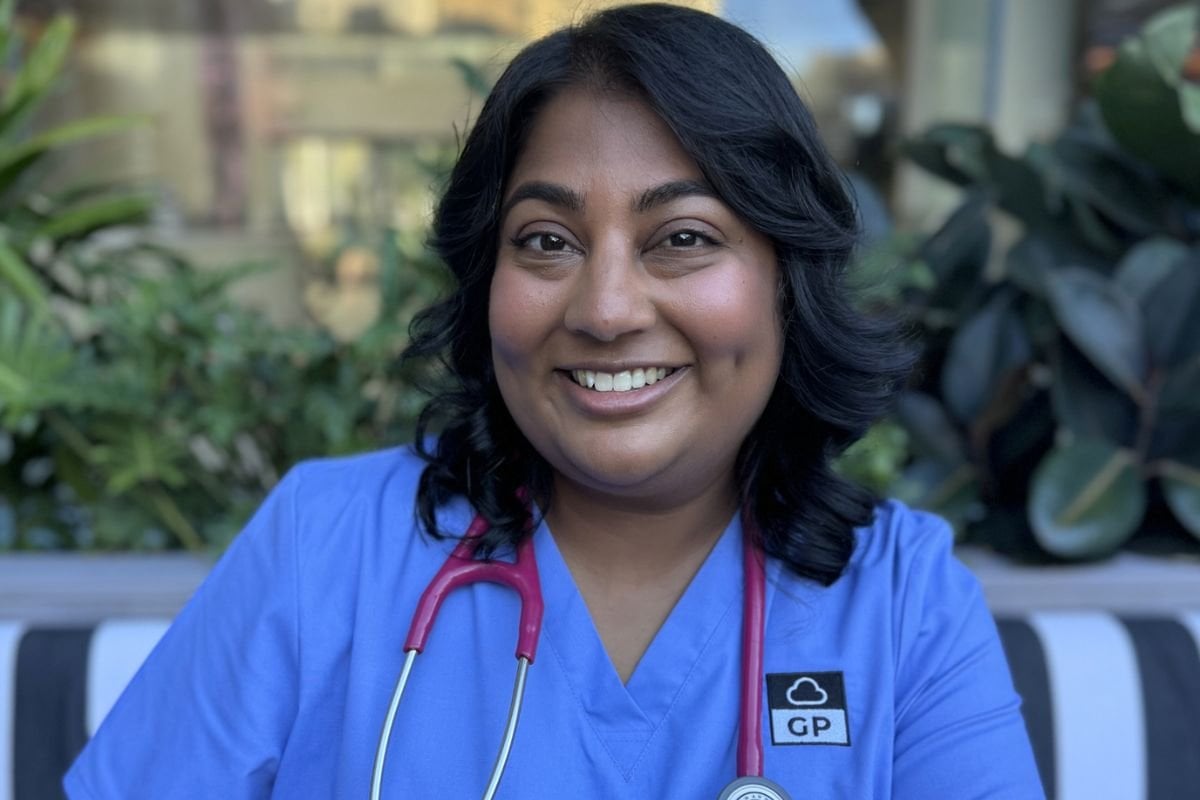
No one knows you or your health better than your regular GP.
They've seen it all. From the reoccurring UTI that just doesn't seem to quit, to the time you showed up to their office panicked because you thought you were dying. (You weren't. You just hadn't had a glass of water in two days.)
Watch: What Is Self-care Mental Health Literacy? Post continues below.
Our GPs are usually the first point of contact whenever the s**t hits the fan health-wise. But sometimes we forget that they're human too — and just like people in every profession, they have a list of pet peeves with their patients.
I reached out to GP Dr Shiromi Wimalaguna who, as well as providing the highest level of care to her patients, is the founder and CEO of The Cloud GP, an online mental health program that helps patients overcome depression and anxiety. I asked her to tell me all the things she wished patients would stop doing, and considering she's been practicing for 15 years now, she's seen it all. And I won't lie... I think I've done a few of them. Sorry, doc!
So, without further ado, here is everything your GP wants you to know.
1. If you're a business, review your medical certificate policy.
"It's really important for workplaces to trust that when someone is clearly unwell, they don't always need a medical certificate to prove it. It can often add unnecessary pressure on the employee and the healthcare system."

Top Comments